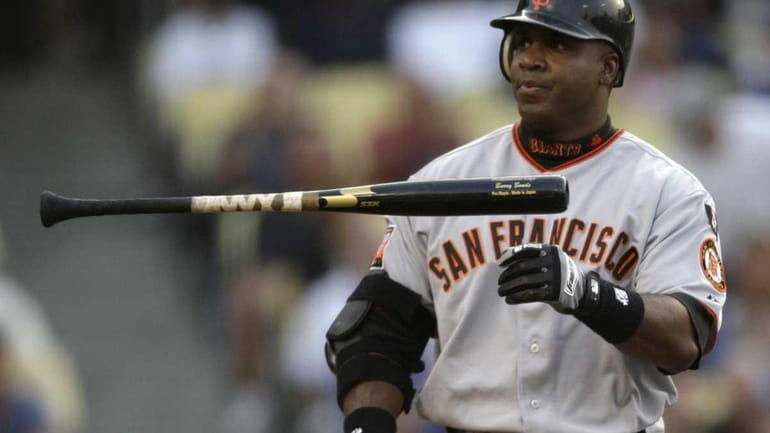Barry Bonds — what's won, what's lost

Barry Bonds strikes out in a game in 2007. Credit: AP
Like Richard Nixon, Barry Bonds didn't have to do it. And as with Nixon, it wasn't the crime but the cover-up.
Bonds, a Hall of Fame shoo-in if not for the steroid scandal, was convicted of obstruction of justice. But jurors failed to reach a verdict on allegations he lied to a grand jury about using steroids and human growth hormone.
This inconclusive end to a long investigation seems apt, because it reflects society's ambivalence about these potentially harmful substances. Fans want drug-free sports, but superhuman feats on the field. Ballplayers and team owners, eager to do whatever rings up the registers, were all too happy to pretend the game wasn't suffused in performance-enhancing drugs. Bonds, of course, was hardly alone; Roger Clemens is up next for a perjury trial.
Now an entire era in baseball is tainted -- and a generation of young athletes is at risk. Let's be clear: These substances have no place in sports. They undermine fair competition, and they are extremely dangerous.
That's why it's important to use random testing, keep detection technologies up to date, impose tough penalties, and most of all, heap the use of these drugs with the social disrepute they deserve.
The use of performance-enhancing substances will persist as long as owners, athletes, fans and parents believe winning is all that matters -- an attitude that has filtered down even to kids' leagues. Cheating, sadly, will be with us as long as someone, somewhere, wants an edge.
